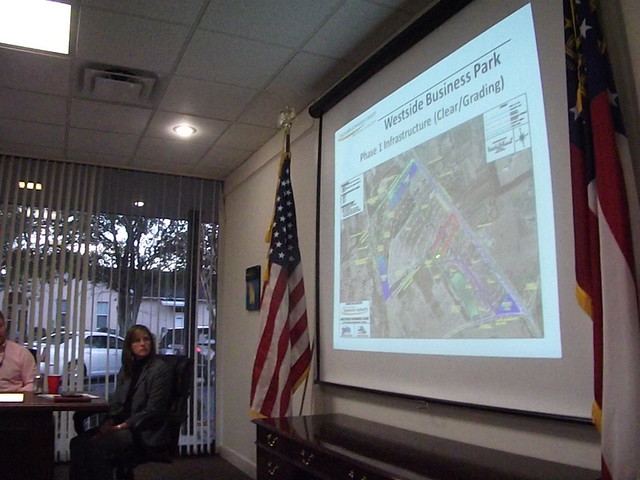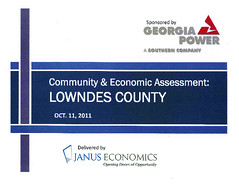Adam Gopnik wrote for the New Yorker dated 30 January 2012, The Caging of America: Why do we lock up so many people?
More than half of all black men without a high-school diploma goto prison at some time in their lives. Mass incarceration on a scale almost unexampled in human history is a fundamental fact of our country today—perhaps the fundamental fact, as slavery was the fundamental fact of 1850. In truth, there are more black men in the grip of the criminal-justice system—in prison, on probation, or on parole—than were in slavery then.
 In Georgia,
1 in 13 of all adults is in jail, prison, probation,
or parole: highest in the country (1 in 31 nationwide).
Georgia is only number 4 in adults in prison, but we’re continuing
to lock more people up, so we may get to number 1 on that, too.
In Georgia,
1 in 13 of all adults is in jail, prison, probation,
or parole: highest in the country (1 in 31 nationwide).
Georgia is only number 4 in adults in prison, but we’re continuing
to lock more people up, so we may get to number 1 on that, too.
And we can’t afford that, especially not when we’re cutting school budgets. That graph of education vs. incarceration spending is for California. Somebody should do a similar graph for Georgia.Over all, there are now more people under “correctional supervision” in America—more than six million—than were in the Gulag Archipelago under Stalin at its height. That city of the confined and the controlled, Lockuptown, is now the second largest in the United States.
The accelerating rate of incarceration over the past few decades is just as startling as the number of people jailed: in 1980, there were about
two hundred and twenty people incarcerated for every hundred thousand Americans; by 2010, the number had more than tripled, to seven hundred and thirty-one. No other country even approaches that. In the past two decades, the money that states spend on prisons has risen at six times the rate of spending on higher education.
The article does get into why we lock up so many people: Continue reading













